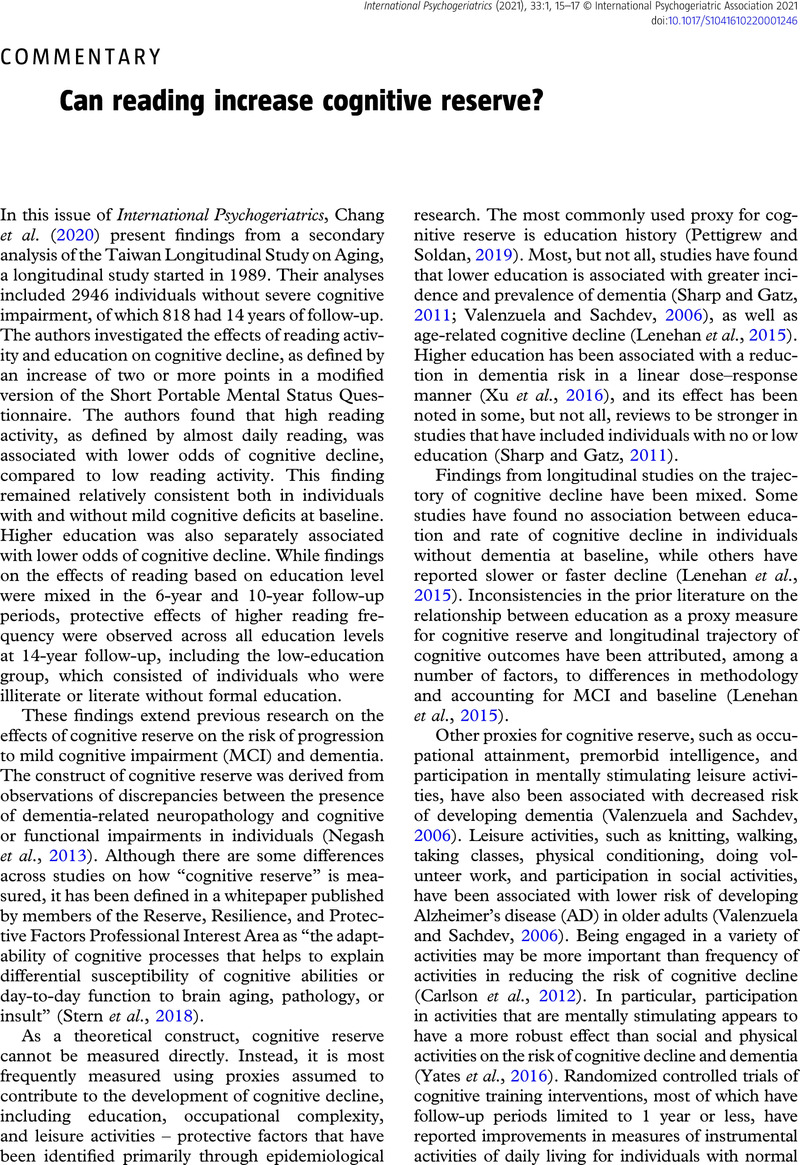Crossref Citations
This article has been cited by the following publications. This list is generated based on data provided by Crossref.
Robertson, Michael C
Downer, Brian
Schulz, Paul E
Samper-Ternent, Rafael
Lyons, Elizabeth J
Milani, Sadaf Arefi
and
Gamaldo, Alyssa
2023.
Social and Leisure Activities Predict Transitions in Cognitive Functioning in Older Mexican Adults: A Latent Transition Analysis of the Mexican Health and Aging Study.
The Journals of Gerontology: Series B,
Vol. 78,
Issue. 10,
p.
1625.



